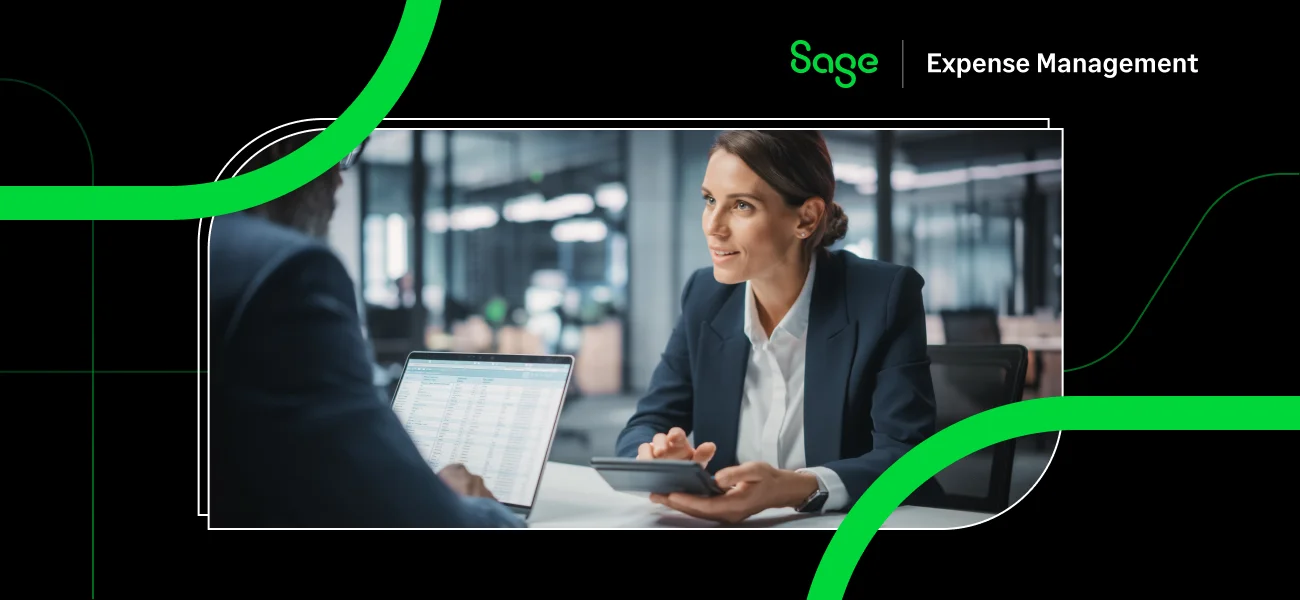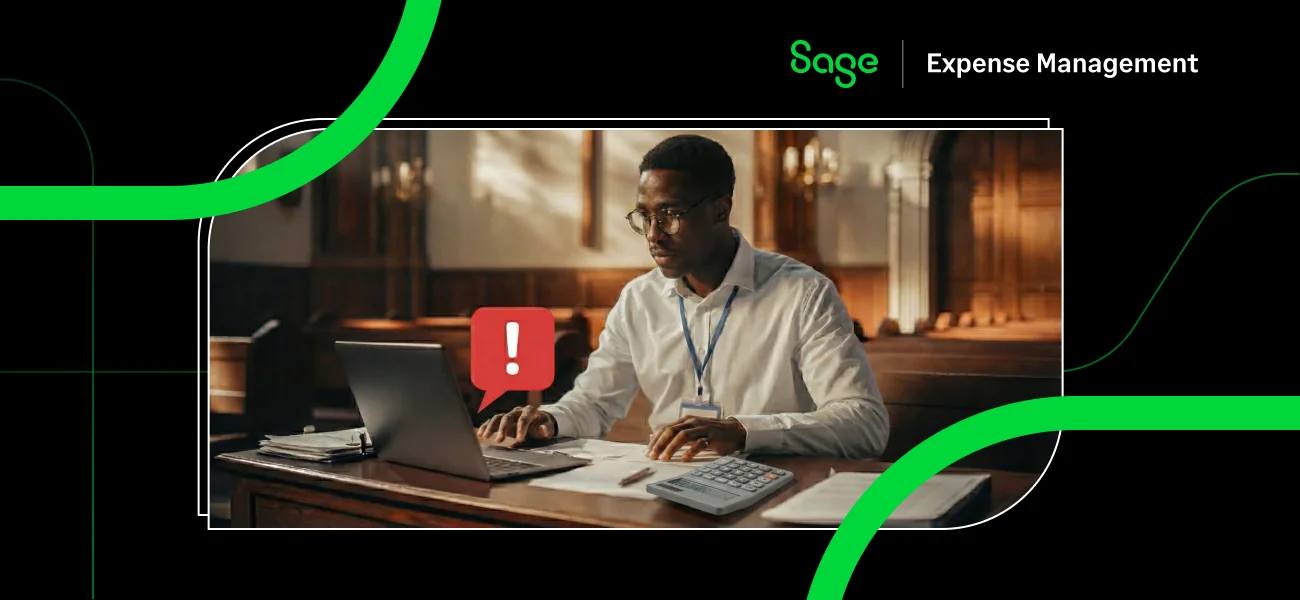Accounting has been around almost since the start of civilization. From using an abacus to calculators, to computers, and now systems on the cloud, it sure has come a long way. And with digitalization taking over the world, accounting jumping on the wagon is no surprise. But does this mean traditional accounting is no more? And is cloud accounting actually better?
Let’s take a look!

Why traditional accounting is dying
First, we will look at why you just don’t see many companies (or individuals) using traditional accounting anymore. These mainly focus on why traditional accounting is limited, so you can better understand why it needs modernization.
Businesses need digitalization
It’s no secret that digitalization and digitization are incredibly useful in the business world—to the point that experts have described it as the ‘new oil’ that fuels companies. We’ll demonstrate the value of digitalization by showing you what it’s like when you don’t digitalize.
Companies that avoid this modern trend have to rely on legacy methods. That includes the famously time-consuming and error-prone pen-and-paper method, which also comes with the added disadvantage of being accessible from one place at a time by only one person at once.
However, if you choose to digitalize, you get to make your data more accessible to everyone in the company. It’s easier to update, quicker to analyze, and usable by as many employees at a time as necessary—plus, you get to improve your customers’ quality of life.
Traditional accounting can’t keep up with fast-paced industries
If you’re a small company that barely processes any transactions in a month, you may be able to rely on doing things the old-fashioned way. But, unfortunately, that can’t be said for fast-paced industries or large-scale companies.
Let’s say you work in the real estate sector. Your company might sell hundreds of properties in a month, which is simply too much for a team with pens and paper to keep up with.
On the other hand, a dedicated piece of property accounting software could easily keep pace with the influx of transactions to log and process.
It provides little room for scaling and growth
According to Forbes, scaling gives you an edge over your competitors, while growth means improving your output and revenue. Both are incredibly valuable to modern companies and are difficult to achieve when you use traditional accounting.
Maintaining your books manually is too time-consuming and ineffective to leave businesses room to gow or improve. That’s because every business that hopes to expand needs to have a firm grasp on its finances, which means having excellent accounting systems.
So, by relying on traditional accounting, you’re effectively inhibiting your business’s ability to perform to its full potential.
The rise of automation and technologies
Today’s business world comes with its own challenges, but it’s also always bringing about new and exciting opportunities for dedicated companies.
One of the biggest ones is automation and the new tech that relies on it. However, this type of tech can only be used by companies already relying on digitized tools for their internal processes.
It’s pretty tricky to automate traditional accounting, so anyone still using older methods is effectively locked out of new tools.
Also Read:

Cloud accounting vs. traditional accounting
It’s clear that traditional accounting can’t meet the demands of the modern business world. But how does it stack up against cloud accounting?
The following points of comparison show the clear separation between the two approaches.
Difference in cost
Traditional accounting comes with a host of costs. These include the following:
- Accountant fees
- Travel costs for accountants
- Training costs for in-house accountants
- Fees for specific accounting services
It’s also worth mentioning that the costs of traditional accounting can go through significant fluctuations. So if you’re spending or earning more, for example, you’ll pay more on your accounting, which means you’ll have to take more time on the actual accounting processes.
On the other hand, cloud accounting usually has one fixed cost: the price of your cloud accounting software. This price includes everything you need to cover and does not change. In fact, 64% of SMBs have saved on external costs by moving to cloud accounting software.
Difference in team collaboration
It’s difficult for many people to work together on a single accounting project when they physically cannot write on the same page or type on the same computer simultaneously. This issue is resolved with cloud accounting software.
By working in the cloud, you can ensure that all members of your teams can do their part for any given project whenever they like. For example, one employee can check another’s work while that work is still in progress. This means that cloud accounting necessarily leads to better team collaboration.
It’s also hugely helpful that cloud software can be used from any device, as long as it has an internet connection. That means remote or distributed workers can collaborate on projects just as easily as on-site employees, enabling better teamwork on the whole.
Difference in data reliability
When your data updates automatically and is always checked by both human eyes and the system it’s on, you know that you can trust that data. This is what cloud accounting services can do for you.
Traditional accounting, on the other hand, is very much prone to human error.
Aside from being affected by the possibility of a human accountant completing a sum incorrectly, traditional accounting creates another vulnerability: your teams can potentially write down the wrong numbers in the first place. As there are no automated checks in place with traditional accounting, you might not catch these kinds of errors at all.
Companies need to be able to trust the information their accounting departments supply them with. If they can’t, then any plans for the company’s future are based on conjecture rather than fact—which means all strategies are more likely to fail.
Difference in integration to systems and processes
Simply put, it’s far easier to manage your business expenses when you use cloud accounting. This is because your cloud accounting software of choice can be connected to your other tools and systems, making for a fully integrated experience.
As mentioned, this entire integrated unit will then generally be accessible from anywhere. That makes for further convenience, which is another point in cloud systems’ favor.
Traditional accounting does not work like this.
Even supposing that we’re dealing with more sophisticated methods than pen and paper, non-cloud accounting solutions aren’t built to integrate with modern software. This leads to the creation of data silos and adds extra processing time to any tasks your accountants want to complete, as they have to transfer information between systems by hand.
Difference in data security and quality
Traditional accounting gets its name because it’s been around longer. It was built to deal with the demands and security threats that existed at the time instead of the ones that accountants and businesses face today.
Cloud software, on the other hand, is a newer product. This means it’s created with modern security threats in mind, so it can more adequately protect your data in today’s virtual environment. By following best practices, you can ensure the safety of your data.
As for data quality, you can adjust cloud accounting software to update your data automatically. This ensures your data is always fresh enough to be reliable, thereby securing high quality.
Difference in process and functionality
Time is money—the old adage still holds true. This means you’ll want to favor the more time-saving cloud option.
Cloud-based software lets you streamline your processes and incorporate more functionalities into a single app. That saves time while optimizing the time you spend on accounting processes.
Traditional solutions can’t boast the same advantage. The graph below from Software Advice shows the main benefits of moving from traditional accounting to cloud accounting.
Also Read:
- Why Businesses Should Adopt Cloud-Based Accounting
- 7 Functions Every Accounting Department Needs to Master

The future of accounting
What all of the above adds up to is a clear, concrete fact. When comparing cloud accounting vs. traditional accounting, traditional accounting is not the right choice in today’s business world. By moving towards cloud accounting, you align yourself with the practice's future.
The future of accounting, in other words, lies in the cloud.
Accordingly, cloud accounting software represents the future of the practice of accounting. It’s an efficient, modern tool that lets you do everything you need to do quickly while giving you access to new features that make the accounting process much smoother.
Cloud accounting also gives you the flexibility to react to any newly implemented government changes immediately. So, in the same way, that making digital tax software helps UK businesses ensure they can respond to new UK tax laws, cloud accounting software lets US companies guarantee they’ll be ready to comply with new regulations.
Also Read:
Final thoughts
While traditional accounting was helpful at one point, it’s had its time in the sun, and it’s time for the practice to retire. That’s at least in part because cloud accounting is so much better.
Instead of relying on outdated tech or methods, you can use cutting-edge tools that provide you with all the functionalities you need right away when you swap over to cloud accounting. That means doing the same work in less time and with less effort.
Cloud accounting software streamlines your workflows while enabling collaboration from anywhere. That’s why it’s so much better than legacy accounting solutions and will continue eclipsing traditional accounting in the immediate future.



















